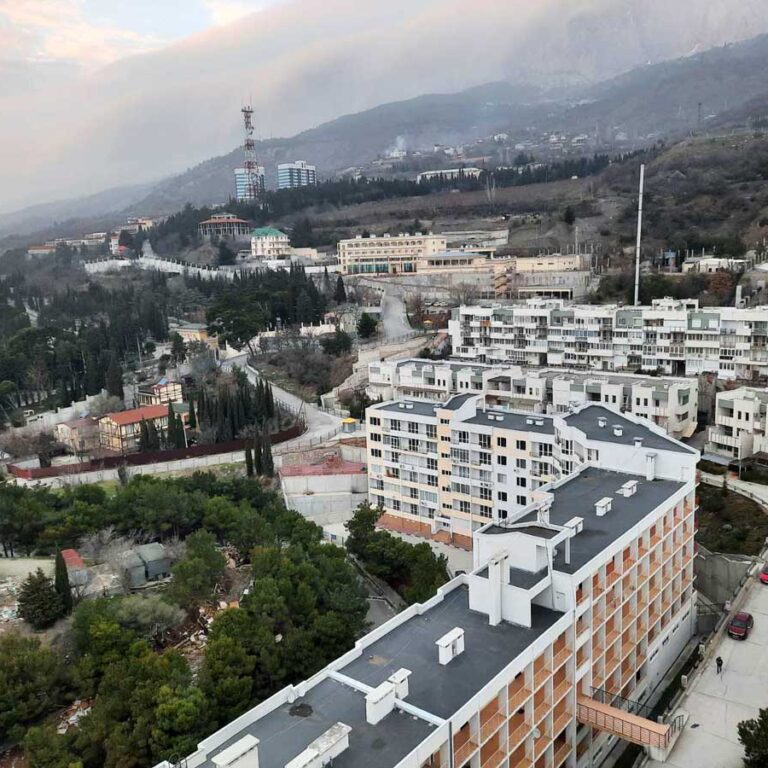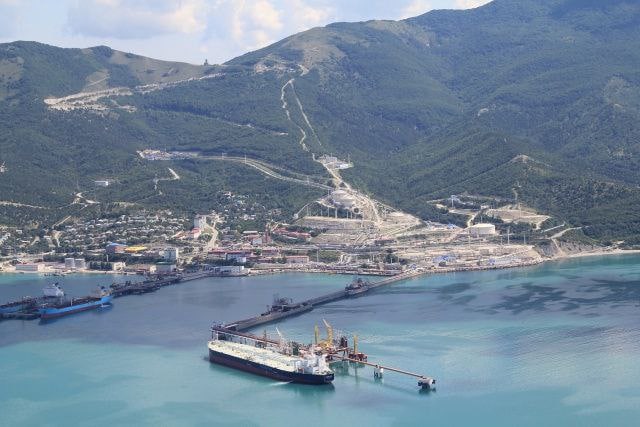According to the “ZMINA Human Rights Center”, the European Court of Human Rights will consider the case of blocking the zmina.info website by the aggressor in the occupied Crimea.
This statement, filed on the events until September 2022, was prepared by “ZMINA” in cooperation with the ‘European Center for the Protection of Human Rights’, operating at the London Metropolitan University and funded for a long time by the European Commission, as well as the British Foreign Office, as well as with the Kyiv ‘Regional Press Development Institute’.
According to Olga Padiryakova, editor-in-chief of the “ZMINA” website, after February 24, 2022, the editors not only informed about the situation with human rights in Ukraine, but also focused on Russian war crimes in Ukraine. The site team also monitored and covered human rights violations and key events in the Crimea on a daily basis, including coverage of war crimes and forced “mobilization” on the occupied peninsula.
In May 2022, “Roskomnadzor” illegally blocked the site on the territory of the Russian Federation and in the Russia-occupied Crimea, while, as Padiryakova states, the editors of the site and the management of the organization “did not receive notifications about the blocking and its reasons”, which is generally quite typical for the invaders’ repressive policy in the sphere of illegal restriction of information dissemination.
“Given that Ukrainian citizens in the Crimea already have limited access to information, blocking access to our portal, which provided very specialized information related specifically to human rights, caused great harm,” said Tatyana Pechonchik, a representative of “ZMINA”.
European Center for Human Rights’ barrister Camilla Alonzo also commented that the blocking of independent media reporting on Russian aggression in Ukraine is a key aggressor’s attempt to censor and control the information space of its invasion.
The “ZMINA” case is of particular importance because it concerns Russia’s illegal “implementation of its own legislation in the occupied territory of Crimea and its attempts to prevent the lawful dissemination of information in Ukrainian sovereign territory”, Alonzo added.
Lawyer Sergei Zayets, who also helped prepare the lawsuit, pointed out that “Russia violated its international obligations not only because of armed aggression against Ukraine, but also because it created obstacles to the dissemination of information about human rights violations and ways to defense rights”, and that the lawyers who worked on the application are confident that “the future decision of the ECtHR in this case will push the boundaries of the current practice of the Court”.
In general, many Ukrainian information sites are completely criminally blocked by Russian invaders in the settlements of the Crimea. Our Association reported this situation both to the authorized structures of the UN Human Rights Council and to the International Telecommunication Union, which recently published a Report on the negative consequences of the aggressor in the field of media, broadcasting and access to mobile communications and the Internet.







